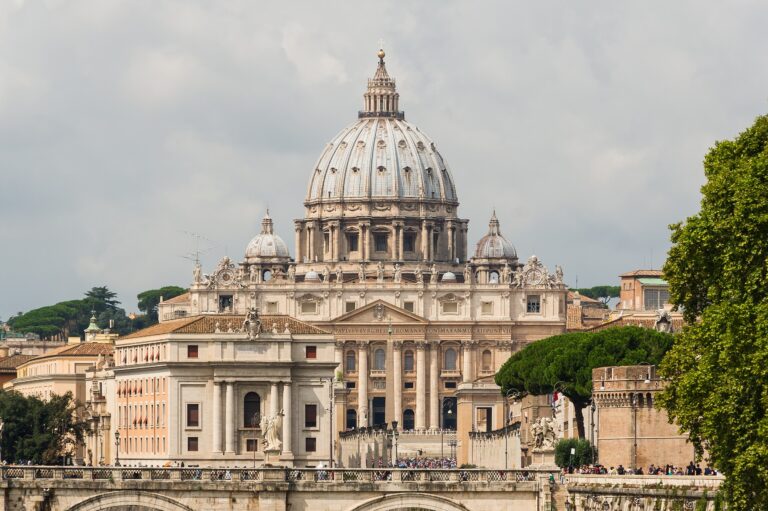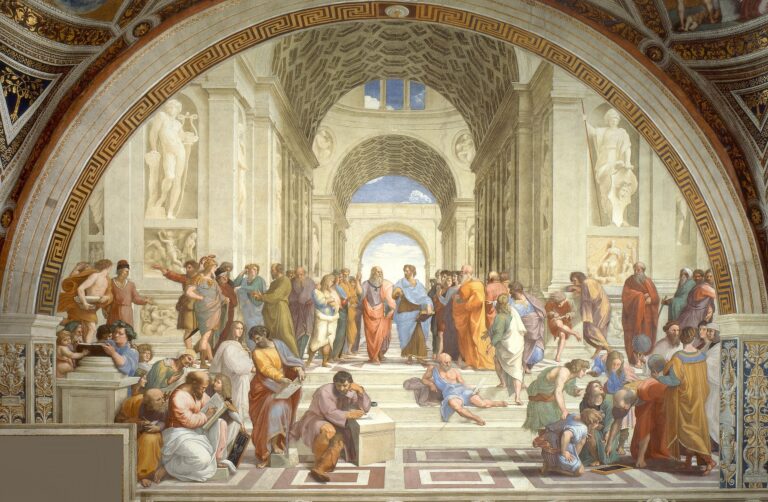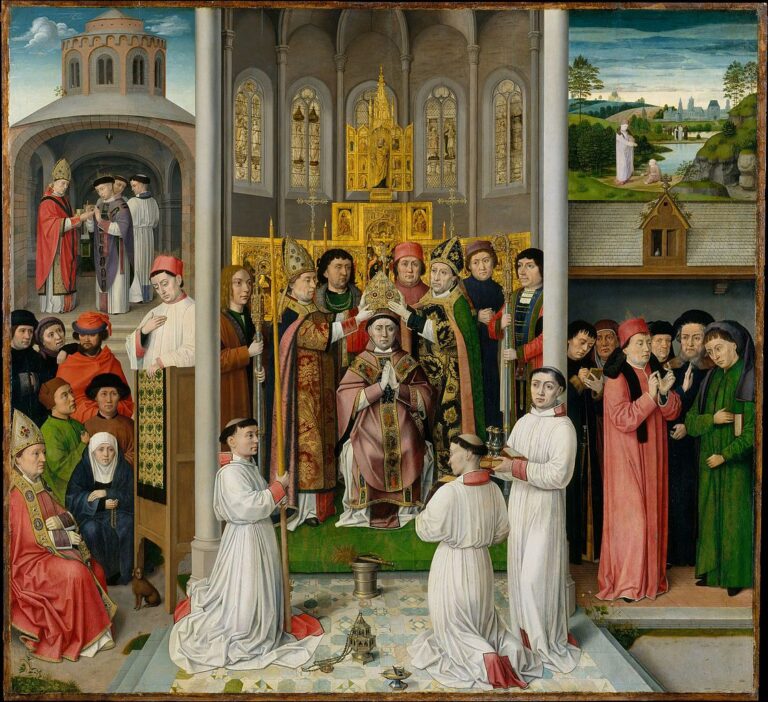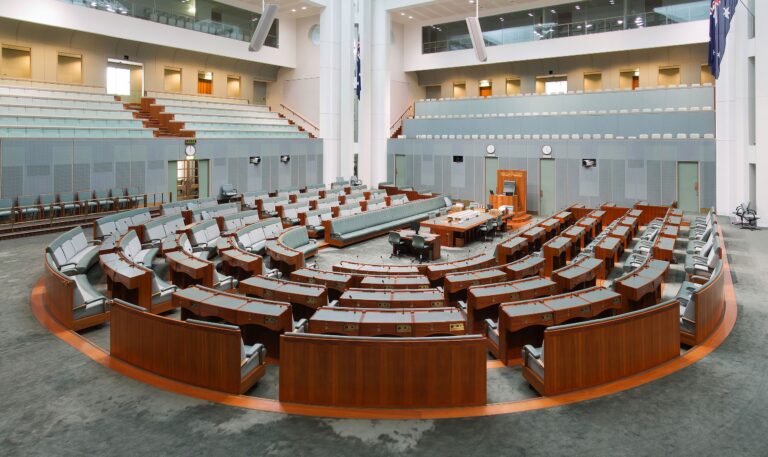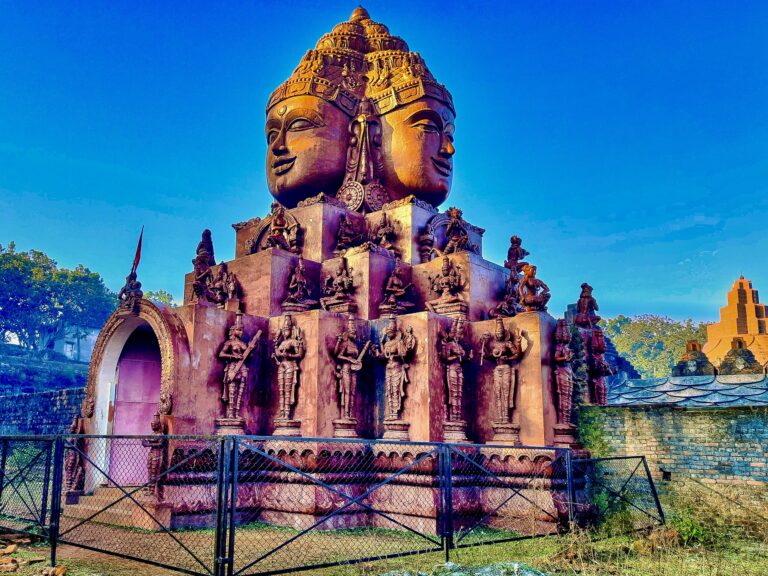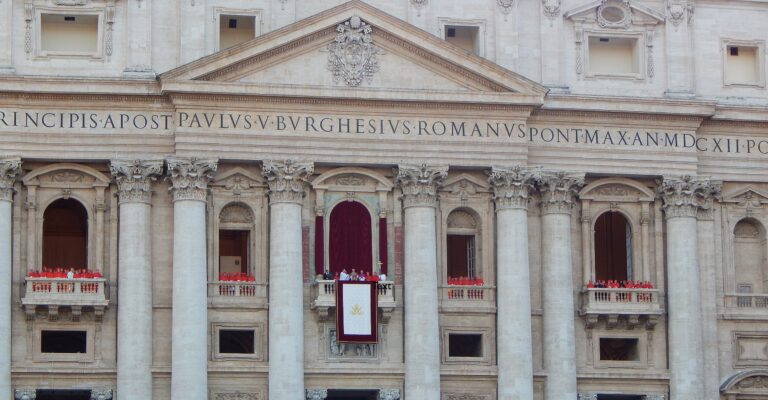
Cuba: A Legal Framework that Restricts the Right to Religious Freedom
Teresa I. Flores
Image of Palacio del Centro Asturiano, Havana, Cuba by Carol M. Highsmith (CC0)
The following essay is reprinted and adapted on Canopy Forum in collaboration with the journal Derecho en Sociedad, a biannual electronic publication that is free and open access. Their issue 18(2) features full length articles in Spanish and English. Read Flores’ long-form essay on the Cuban constitution here.
The current Cuban Constitution (hereinafter the Constitution) entered into force on April 10, 2019 and proclaims communism as the cornerstone of Cuban society. The Cuban Communist Party (CPC) is the sole legal political party and is said to be the only means by which the human being can attain his full dignity. In other words, the constitution places communist principles and the CPC as the fundamental pillars and guarantors of the political, economic, and social order of the country (as stated in the preamble) which means that every dimension of life in society – including the religious one – needs to be structured in the context of this “superior ruling force”.
In this context, both the old and the new legislation around religious freedom as well as its intersecting rights (such as the right of assembly, association, objection of conscience, freedom of expression, education, etc.), are being modified, applied, and interpreted in accordance with the revolutionary program that inspired the current Constitution. The Cuban legislature openly contradicts what is established in different human rights instruments at the inter-American and international level, of which, with nuances, Cuba is still a part. More specifically, the new constitution violates Article 3 of the American Declaration of the Rights and Duties of Man, Article 12 of the American Convention on Human Rights (hereinafter ACHR), Article 18 of the Universal Declaration of Human Rights (UDHR), or Article 18 of the International Covenant on Civil and Political Rights (ICCPR).
According to these documents, the right to religious freedom has both an internal and external dimension. In its internal subjective dimension, religious freedom proposes every person’s capacity to self-determine according to one’s convictions and beliefs or religious faith. It has to do with the freedom to believe, not believe, change, or abandon religious beliefs. These religious conceptions of individuals cannot be subject to control, sanction, prohibition, or restriction if they remain in the plane of pure intellectual adherence.
In its external dimension, religious freedom involves the freedom to practice religion in all its manifestations, individual or collective, public, and private, with freedom for teaching, worship, observance, and change of religion. Article 6 of the Declaration on the Elimination of All Forms of Intolerance and of Discrimination Based on Religion or Belief states that the right to freedom of thought, conscience, religion or belief encompasses multiple freedoms, and a whole range of activities that constitute manifestations or expressions of the religious phenomenon. Given that the external manifestation implies social action in coherence with the religious conception of a person or a group, it can be subject to legal regulation and, therefore, can be rightly protected or widely limited by both state and non-state actors.
Keeping in mind the aforementioned, in the Cuban case, we find several regulations that limit different dimensions of the right to religious freedom:
Conscientious objection and military service
According to Article 54 of the Constitution, conscientious objection cannot be invoked to evade compliance with the law or prevent another from complying with it or exercising their rights. If the right to conscientious objection cannot be used to evade a law whose content conflicts with one´s deepest beliefs, said right is, in practice, inoperative.
This right is recognized but with severe limitations and is not applicable for military service. Article 220 of the Constitution states that one of the duties of Cuban citizens is to provide military and social service following the Law. Article 68 of the Code of Children and Youth also establishes that children and young people prepare for the defense of the Homeland through patriotic-military education, acquiring military knowledge, pre-recruit courses, and incorporating young people into Active Military Service. In the same spirit, articles 29.1, 30.1, 41.1 and 44 of the Military Criminal Code sets that anyone receiving an order from a superior related to the service or military discipline and expressly refuses to comply with it, or anyone to evade military service definitively, may be punishable with imprisonment.
The rights of assembly, demonstration and association of religious groups
With respect to the rights of assembly, demonstration and association, indispensable rights for religious communities to interact and organize among themselves to express, promote, seek and defend collectively their religious beliefs, Article 56 of the Constitution states that said rights will be recognized by the state as long as they are exercised with respect for public order and in compliance with the precepts established by law.
In general, there is an important legislative gap regarding the associative life of religious communities. The current Association Law excludes the regulation of ecclesiastical or religious associations. It indicates that those that already exist will retain their current legal status until a new law regulates their operation. However, to date, no new regulations have been developed.
In connection with this right, the procedure for constructing places of worship is excessively bureaucratic, not to mention that approval depends on compliance with ideological requirements. This scenario has led many religious groups to operate illegally, which means facing sanctions. According to some religious leaders, worship services are held in private homes in communities where temples do not exist. Articles 274.1 and 275.1 of the Penal Code consider such meetings, especially with unregistered or unauthorized groups, as illegal.
Obstacles to the registration of these organizations also entail limitations to obtaining the necessary permits to carry out their activities or not being eligible for funding, contributions, or donations at both the national and international levels.
The right of parents to have their children receive religious and moral education following their convictions
The current Constitution establishes that education is a function of the State; this provision is an echo of what was already considered in the Law for the General and Free Nationalization of Education, that is, as a non-delegable and non-transferable duty of the Revolutionary State. In fact, at the time of nationalizing education back in 1961, the law included in its explanatory statement that many private schools, especially those run by Catholic religious orders, directors and teachers were considered as actively carrying out counterrevolutionary propaganda to the detriment of the intellectual, moral, and political education of the children and adolescents in their charge. For this reason, all educational centers and their assets were awarded to the Cuban Government, a situation that continues to date.
On the other hand, Articles 73 and 84 of the Constitution state that society and families are responsible for education. Mothers and fathers have essential responsibilities and functions in the education and integral formation of the new generations as long as they correspond with the socialist society. What this means in practice is that all educational efforts given or required by parents or guardians, if any, must be aligned with the social communist principles that inspire the constitutional order.
In the same order, Article 138 of the Family Code reads that the parental co-responsibility of mothers and fathers concerning their minor children includes ensuring their attendance at the educational center where they are enrolled, instilling in them the love of the Homeland and respect for the rules of social coexistence, among others. In other words, homeschooling is illegal. Furthermore, Article 191 states that authorities may deprive parents of parental responsibility when they seriously or repeatedly fail to comply with the duties listed in article 138.
Therefore, under the Cuban landscape, neither parents nor legal guardians have the right to choose different or independent schools for their children, as these do not exist and are not permitted in Cuba. Education is the exclusive prerogative of the State, given that it has formalized this monopoly. In general, educational, and moral teaching is given by the State and not by parents, at least in the schools, contrary to parents’ right to choose their children’s religious education.
Freedom of expression for religious actors
Any manifestation or expression critical of the party or the Government made by religious leaders, in their messages, homilies, communiqués, and those transmitted through networks, can be considered contrary to the interests of society or national security and defense. Freedom of expression for religious actors is criminalized according to the Social Communication Law, the recently reformed Penal Code, the law of Telecommunications, Information, and Communication Technologies, and the use of the Radio Spectrum and the Law on the Computerization of the Society in Cuba.
Conclusion
Despite the constitutional reform and general changes in the power structure, the communist leadership remains in power, as the single-party model has not changed and in this scenario. In terms of human rights, the constitutional reform does not represent significant progress in guaranteeing and promoting them. On the contrary, it does little to expand the civil and political rights of its citizens.
Even when the Cuban government repeatedly and categorically assures that the right to religious freedom is respected in the country (it is enough to review the government’s responses to the communications sent by different special rapporteurs of the United Nations regarding the situation of religious leaders and members of religious associations and groups), the review of both the constitution and the revised norms is sufficient to identify that the exercise of the right to religious freedom and intersecting rights is totally conditioned to the guidelines of socialist life and the interests of its single party. In this scenario, the right to religious freedom continues to be seriously limited in Cuba under its current constitution. ♦

Teresa I. Flores is a lawyer who graduated from the Santo Toribio de Mogrovejo Catholic University, Peru, with a Diploma in Religious Studies from the Pontificia Universidad Católica de Chile. She is the director of the Observatory of Religious Freedom in Latin America and a member of the Latin American Consortium of Religious Freedom, with experience in research and the study of religious freedom in the region. She has given lectures on issues related to hostilities against the right to religious freedom in different academic and political forums, with publications about those topics.
Recommended Citation
Flores, Teresa. “Cuba: A legal framework that restricts the right to religious freedom.” Canopy Forum, September 23, 2024. https://canopyforum.org/2024/09/23/cuba-a-legal-framework-that-restricts-the-right-to-religious-freedom/.
Recent Posts


